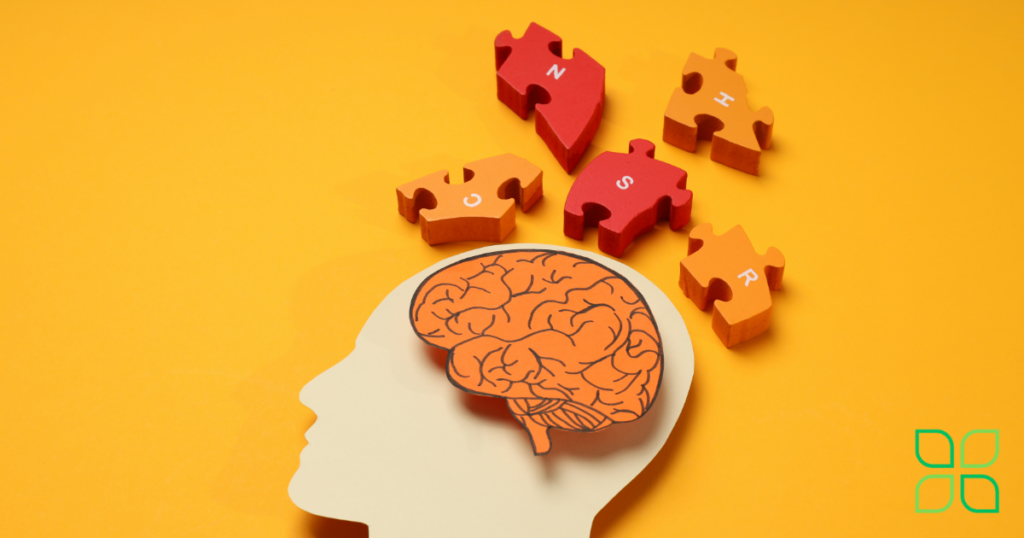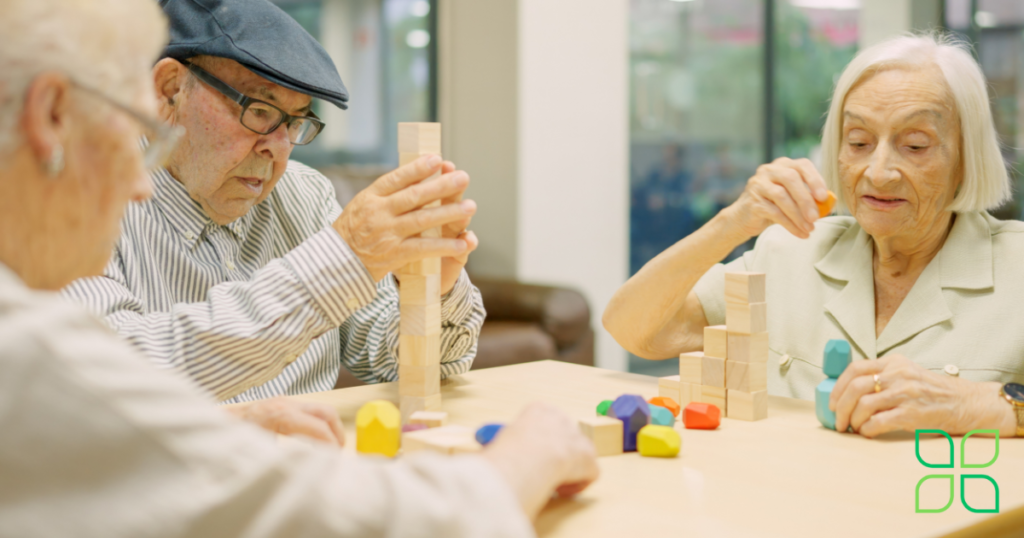Engaging Activities for Dementia Patients in Nursing Homes

Dementia is a challenging condition that affects millions of people worldwide. According to the World Health Organization, around 55 million people globally live with dementia, and this number is expected to rise significantly. Nursing homes play a crucial role in providing care and support for dementia patients, and one of the key aspects of that care is keeping residents engaged and mentally stimulated. In this blog post, we’ll explore a range of activities that can enhance the quality of life for dementia patients in nursing homes, focusing on their cognitive, emotional, and physical well-being.
Understanding Dementia and Its Impact
Before diving into the activities, it’s essential to understand what dementia is and how it impacts individuals. Dementia is not a single disease but rather an umbrella term encompassing various conditions characterized by cognitive decline severe enough to interfere with daily life. Alzheimer’s disease is the most common cause, accounting for 60-80% of dementia cases.
The symptoms of dementia can include memory loss, confusion, difficulty in communicating, and changes in mood and behavior. These symptoms can make it challenging for patients to engage in regular activities, which is why tailored activities are crucial for maintaining their quality of life.
Cognitive Activities for Dementia Patients
Puzzles and Brain Games

Engaging in puzzles and brain games can help stimulate cognitive function in dementia patients. Activities such as jigsaw puzzles, crossword puzzles, and Sudoku can be adapted to different difficulty levels based on the patient’s cognitive abilities. A study published in the Journal of Gerontology found that cognitive games could help slow cognitive decline in older adults.
Reminiscence Therapy
Reminiscence therapy involves discussing past experiences and sharing memories with patients. This can be done through storytelling sessions, examining old photographs, or listening to music from their youth. This therapy can help improve mood and reduce agitation, offering a sense of comfort and familiarity.
Emotional and Social Activities
Music Therapy
Music therapy is a powerful tool for emotional engagement. Research from the Journal of Music Therapy indicates that music can evoke emotions, reduce stress, and enhance communication in dementia patients. Creating personalized playlists or organizing group sing-alongs can foster a sense of community and evoke positive emotions.
Art and Craft Sessions
Art therapy provides a creative outlet for self-expression, which can be particularly beneficial for individuals who may struggle with verbal communication. Painting, drawing, or simple craft projects can stimulate creativity and improve well-being. According to a study by the American Art Therapy Association, art therapy can enhance cognitive function and emotional resilience in dementia patients.

Physical Activities for Dementia Patients
Gentle Exercise and Movement
Physical activity is essential for overall health and well-being. Simple exercises, such as chair yoga, tai chi, or walking, can help improve mobility and reduce anxiety. A study published in the Journal of Alzheimer’s Disease found that regular physical activity could slow cognitive decline in dementia patients.
Gardening
Gardening can be a therapeutic and rewarding activity for dementia patients. It encourages physical movement, provides sensory stimulation, and fosters a sense of accomplishment. Raised garden beds or indoor potted plants can make gardening accessible to all mobility levels.

Implementing Activities in Nursing Homes
Implementing these activities requires careful planning and consideration of each resident’s preferences, abilities, and safety. Here are some actionable tips for nursing home staff:
- Personalize Activities: Tailor activities to the interests and abilities of each resident to enhance engagement and enjoyment.
- Encourage Participation: Foster an inclusive environment where all residents feel encouraged to participate, regardless of their cognitive abilities.
- Monitor Responses: Observe the residents’ responses to different activities and adjust them accordingly to ensure they are beneficial and enjoyable.
- Involve Family Members: Encourage family members to participate in activities with their loved ones, strengthening bonds and providing emotional support.

Conclusion
Providing engaging and meaningful activities for dementia patients in nursing homes is vital for their overall well-being. By incorporating cognitive, emotional, and physical activities tailored to the individuals’ needs, nursing homes can create a supportive and stimulating environment that promotes health and happiness. As the prevalence of dementia continues to rise, it is crucial to prioritize activities that enhance the quality of life for these individuals, helping them maintain dignity and joy in their journey.
